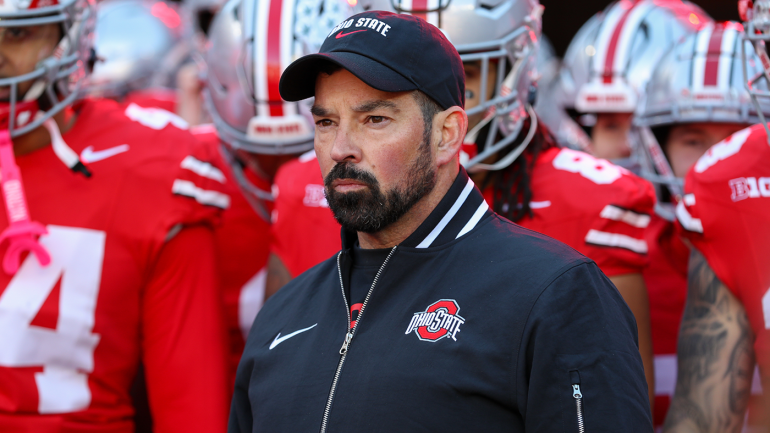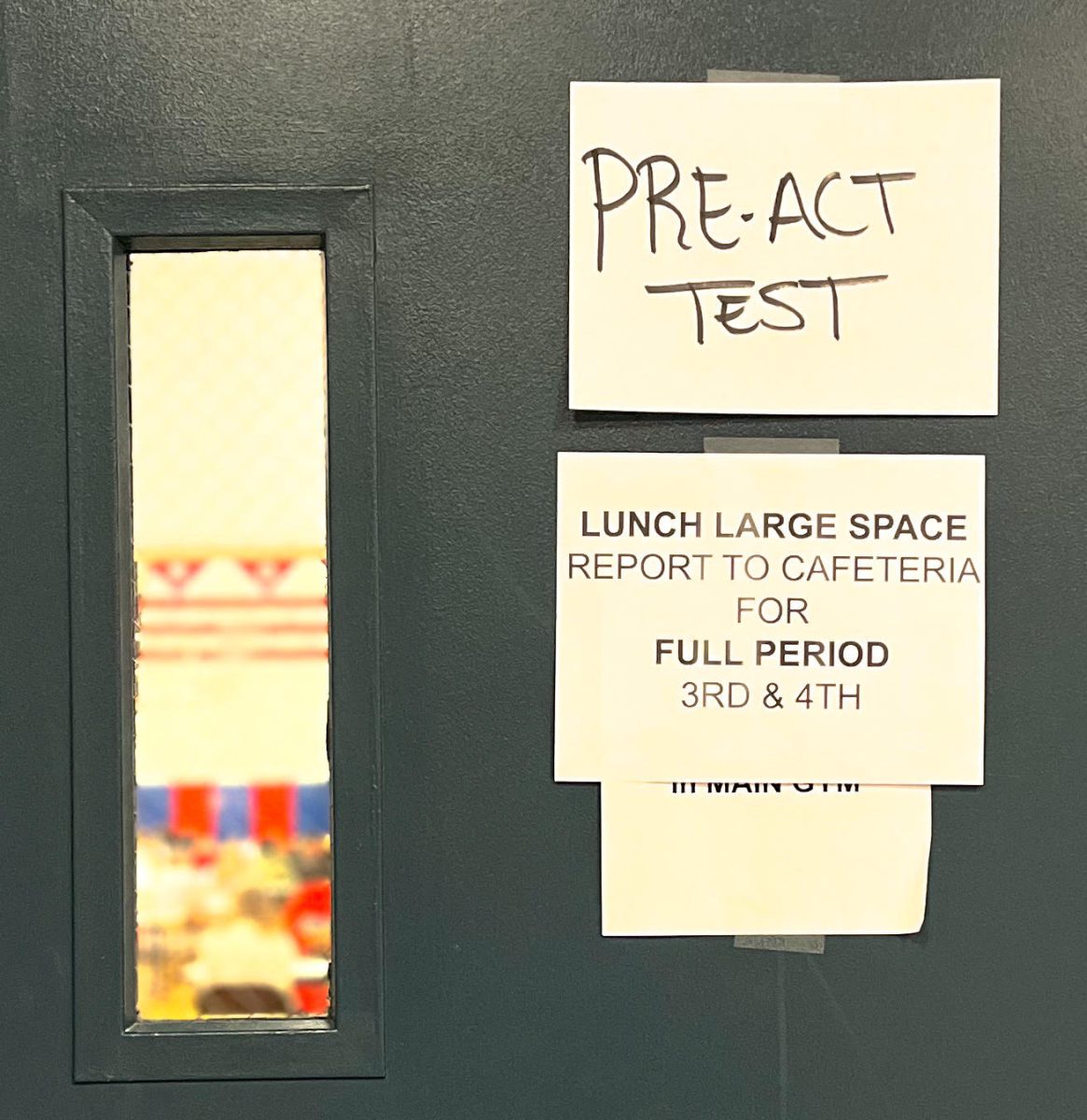District Leaders Discuss Censorship in Education: How will proposed laws impact WCS?
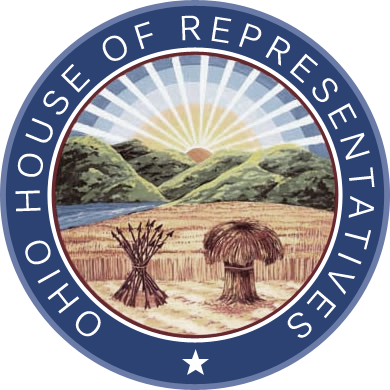
November 28, 2022
In the past two years, the Ohio House of Representatives and Ohio State School Board have drafted multiple bills and resolutions intended to censor certain content in classrooms. These drafts cite “divisive concepts” such as systemic racism and gender identity as inappropriate for students. In a political climate where truth is being pulled into question Worthington schools’ Superintendent, Trent Bowers, and Director of Diversity, Equity, and Inclusion, Toya Spencer, must contemplate how to keep education in Worthington true to its values.
“I’m shocked that we’re at this point. If you would’ve asked me two years ago when I took this role I would probably have said something like this could never happen… Everyone at that time in 2020 knew what was happening, everyone knew the validity and truth of the state of things and people’s experiences of what happened,” said Spencer.
Bowers agrees.
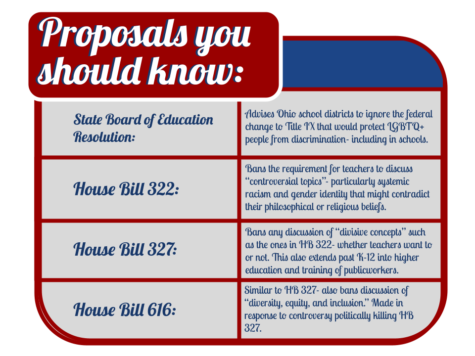 “We think that this is bad legislation. There’s really no mincing words on that, and our board of education also thinks these things are bad legislation,” said Bowers.
“We think that this is bad legislation. There’s really no mincing words on that, and our board of education also thinks these things are bad legislation,” said Bowers.
The Worthington City Schools local school board has released statements announcing both House Bill 616 and the State Board of Education resolution.
“As leaders in Worthington City Schools, we are unified in opposition to HB 616, which seeks to impair our ability to fully embrace, support, and affirm all students… This bill encourages an environment of exclusion and intolerance and has no place in public education,” reads Worthington School Board policy on House Bill 616.
“This proposed resolution includes false scientific assertions, repeats harmful stereotypes, and
attempts to require our district to discriminate against and endanger our LGBTQ+ students. This
type of resolution is morally reprehensible,” reads Worthington School Board Policy on the Ohio State Board of Education resolution.
But how would these bills impact Worthington schools?
“From an impact standpoint, I think the two things are different. The State Board of Education resolution would have no effect in Worthington… it is something that has no binding impact on local school districts. I am very confident that in Worthington we would choose to ignore it,” said Bowers, “If something like House Bill 616 were passed it would become law in the state of Ohio… we would have to work with our teachers in Worthington and really make sure that we follow that law.”
“I will tell you that we have a lot of teachers that would be frustrated with those laws, but we all recognize the law becomes the law, and that wouldn’t give us a lot of choices,” Bowers added.
Many critics of the bill at TWHS have referenced classes such as Poli Rad as being at risk under those laws, but since it’s an elective class it may be safe. Still, there are potential consequences in the classroom.
“I think that the bigger issues would come up in just general social studies classes and English classes and how things are presented to students. It’s less about the class but it does become a much trickier position for each of our teachers to be in and one that I don’t think is fair for them to have to be placed in,” said Bowers.
It’s difficult to say what needs to be done if these bills are enacted as we don’t yet know what the final version might be. Still, Worthington Schools is committed to keeping its values intact despite these laws.
“For me, it’s about figuring out how we navigate through this sort of dangerous time when the narrative of truth is being called into question… We would all have to figure that out as we go… Being true to who you are, as a school district committed to a mission that how we learn will change the world, how do we still maintain our mission while following the law?” said Spencer.
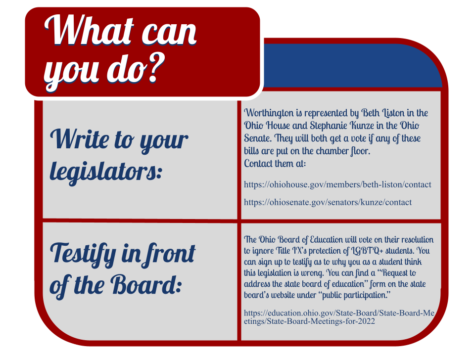
Students aren’t completely helpless in this situation either. If we take action we can help to ensure that these bills never get passed. Advice on how to take action can be found at the bottom of this article.
“Students using your voices and engaging in the political process and in your civic duty, that opportunity that you have, I think that sometimes we underestimate how important that is,” said Spencer.










